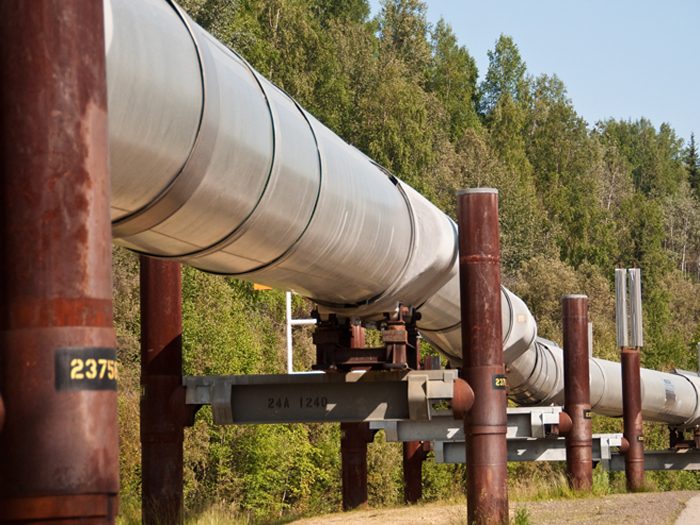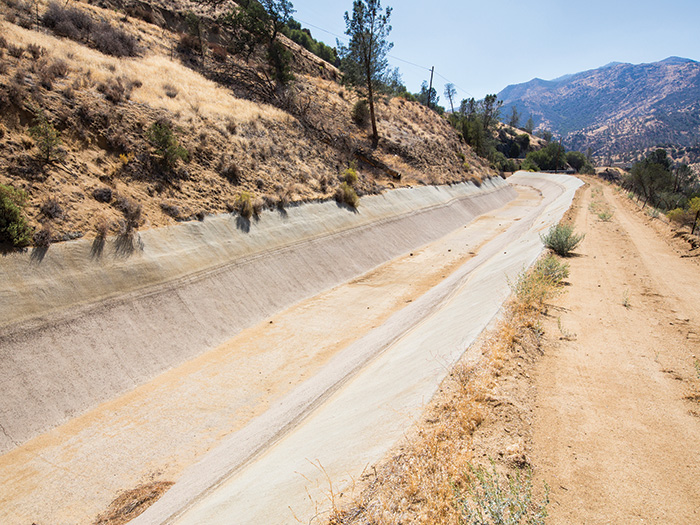Attacks on Saudi Oil Are Just One Example of Increasing Supply Chain Risks in the Middle East

A Saudi oil company briefly shut down a major pipeline after two drone attacks by Yemen’s Houthi rebels.
Al Jazeera reported that Saudi Energy Minister Khalid al-Falih said the May 14 bombings were “cowardly” and that they not only targeted Saudi Arabia but also the safety of the world’s energy supply.
Falih said the Houthis are backed by Iran. The Houthis claim they carried out the attacks of their own volition.
Saudi Oil Tankers Targeted One Day Earlier
Two Saudi oil tankers off the coast of the United Arab Emirates were sabotaged and sustained significant damage on May 13, according to NBC News.
Meanwhile, U.S.-Iran Tensions Heating Up
NBC News reported that the “U.S. has warned ships that ‘Iran or its proxies’ could be targeting maritime traffic in the region” and that the U.S. is “deploying an aircraft carrier and B-52 bombers to the Persian Gulf to counter alleged threats from Tehran.”
Meanwhile, the Wall Street Journal said tensions between Iran and the U.S. could be the result of the nations misreading each other: “Intelligence collected by the U.S. government shows Iran’s leaders believe the U.S. planned to attack them, prompting preparation by Tehran for possible counterstrikes, according to one interpretation of the information, people familiar with the matter said.
“That view of the intelligence could help explain why Iranian forces and their allies took action that was seen as threatening to U.S. forces in Iraq and elsewhere, prompting a U.S. military buildup in the Persian Gulf region and a drawdown of U.S. diplomats in Iraq.”
The New York Times reported that the “intelligence that caused the White House to escalate its warnings about a threat from Iran came from photographs of missiles on small boats in the Persian Gulf that were put on board by Iranian paramilitary forces.”
President Trump reportedly told his aides that he does not want war with Iran.
How Do the Saudi Attacks Affect Global Supply Chains?
Attacks on Saudi oil had reverberations within the global economy.
Oil prices rose sharply on news of the bombings: “Brent crude futures were up 1.7% at $71.39 a barrel. U.S. West Texas Intermediate (WTI) crude futures settled at $61.86 per barrel, up 1.2%,” according to CNBC.
It also reported “the escalation could threaten the Strait of Hormuz, a critical choke point for some 30% of the world’s seaborne oil.”
Reuters explained the Strait of Hormuz links “Middle East oil producers to markets in Asia, Europe, North America and beyond, has been at the heart of regional tensions for decades” and that the “U.S. Energy Information Administration estimated that 18.5 million barrels per day (bpd) of seaborne oil passed through the waterway in 2016. That was about 30% of crude and other oil liquids traded by sea in 2016.”
Learn More:
- Javier Bias of Bloomberg tweeted this map of the bombed oil pipeline site.
- The Reuters report on the Strait of Hormuz is incredibly detailed with lots of facts and figures about the waterway.
- Risk & Insurance® highlighted the sophisticated tools that insurers and brokers are using to help forecast and monitor the impact of political turmoil on various geographies and industries. It also highlighted seven critical risks impacting the energy industry — from global warming to cyber threats to political tension. &










